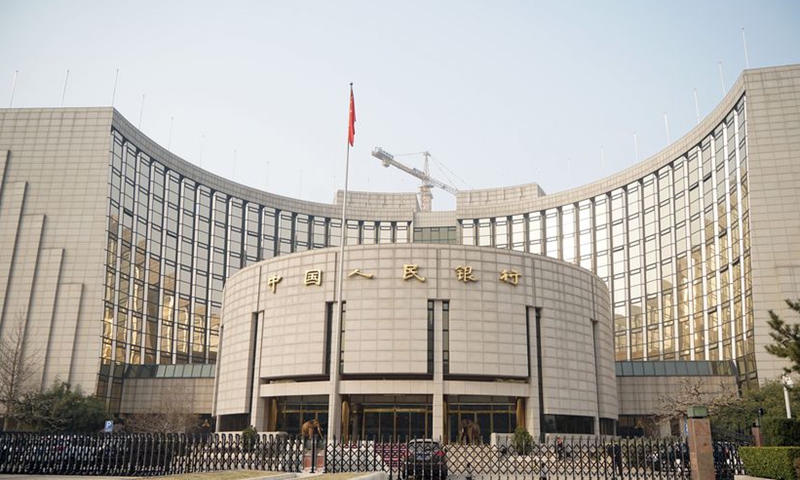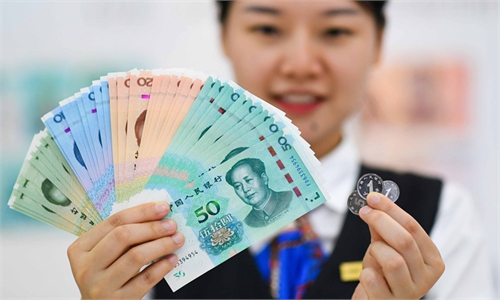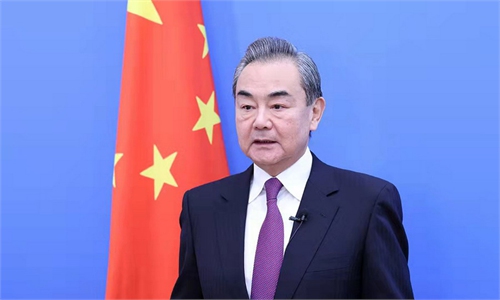
PBC Photo:Xinhua
China's central bank decided to lower the benchmark loan prime rate (LPR) for the first time in 20 months, following a 50 basis-point universal cut in the reserve requirement ratio (RRR) on December 15, in line with the policy guideline released by the Central Economic Work Conference to accelerate economic growth in 2022.
The one-year LPR was set at 3.8 percent compared with 3.85 percent over the past 20 months, while the five-year LPR remains unchanged at 4.65 percent, according to a statement released by the People's Bank of China on Monday.
The central bank decision to trim LPR will reduce the financing cost of Chinese enterprises in order to better stimulate their vitality and stave off downward economic pressure at the end of 2021, analysts said.
China has kept the LPR unchanged for 20 months. The last time that the country adjusted the LPR was in April 2020, when the one-year LPR was cut from 4.05 percent to 3.85 percent.
The LPR is a lending reference rate announced monthly by the central bank, taking in account of 18 commercial lenders which submit a monthly quotation by adding a premium over the Medium-term Lending Facility rate. It is also seen as the de facto benchmark reference rate for lending by Chinese banks.
Sinolink Securities said that the decision was essentially in line with market expectations, which is estimated to reduce Chinese business costs by 16.5 billion yuan ($2.59 billion).
"The LPR reduction will deliver lower overall corporate financing cost as well as promoting better macroeconomic development," Yan Yuejin, research director at Shanghai-based E-house China R&D Institute, told the Global Times on Monday.
Yan noted that the reduction of the one-year LPR may have a positive impact on the consumer market by inspiring consumers to purchase more. The five-year LPR will remain unchanged, because the policymakers aspire to control property bubbles and inflationary pressure.
Although the cut will not have a direct impact on real estate, the scale of bank loanable funds will increase, which may lead to downward adjustment of mortgage rates, especially in the second quarter of next year, Yan said.
He estimated that the property market may gradually rebound on the back of a number of the government's supportive policies, after the authorities this year moved to ramp up scrutiny of unruly property developers.
Global Times



